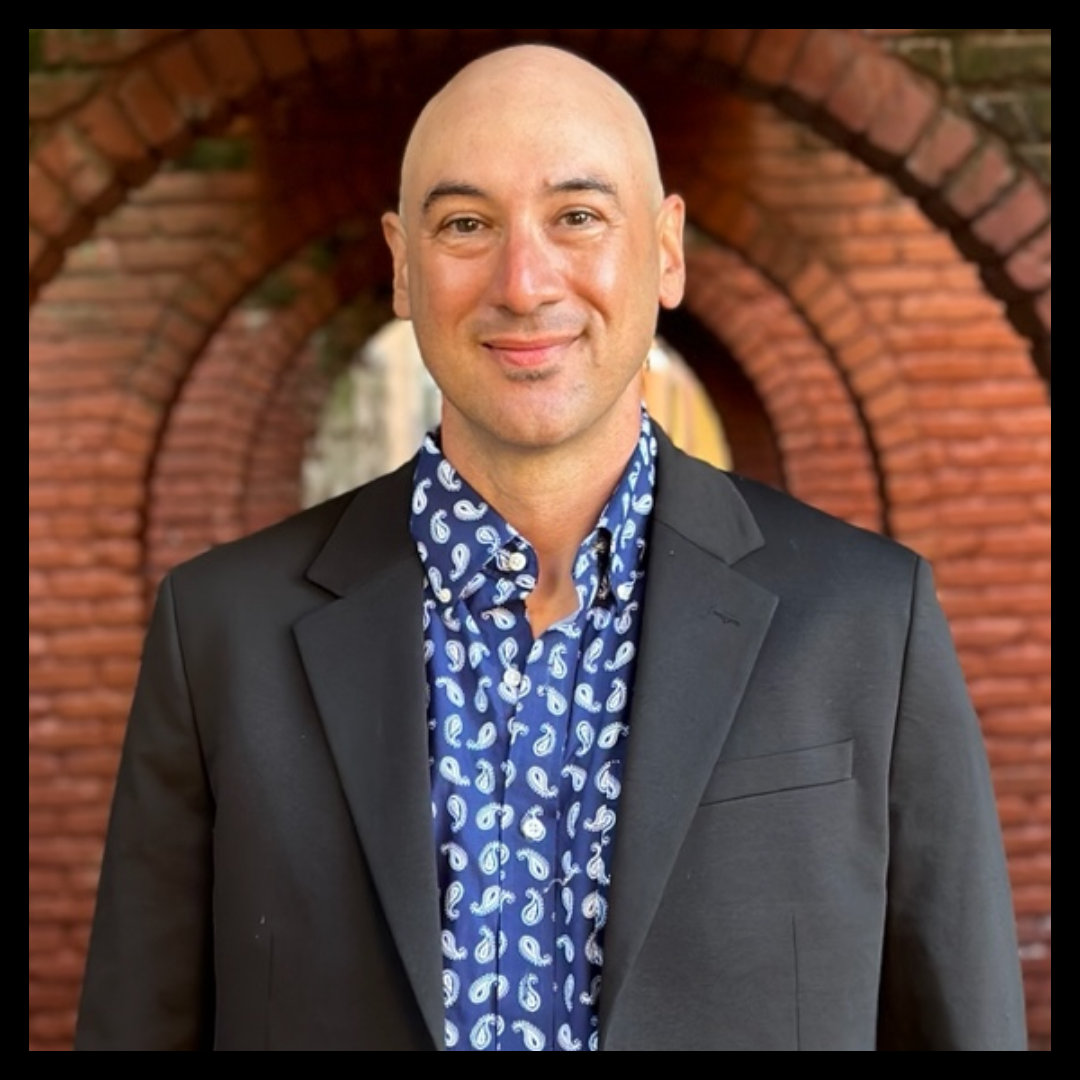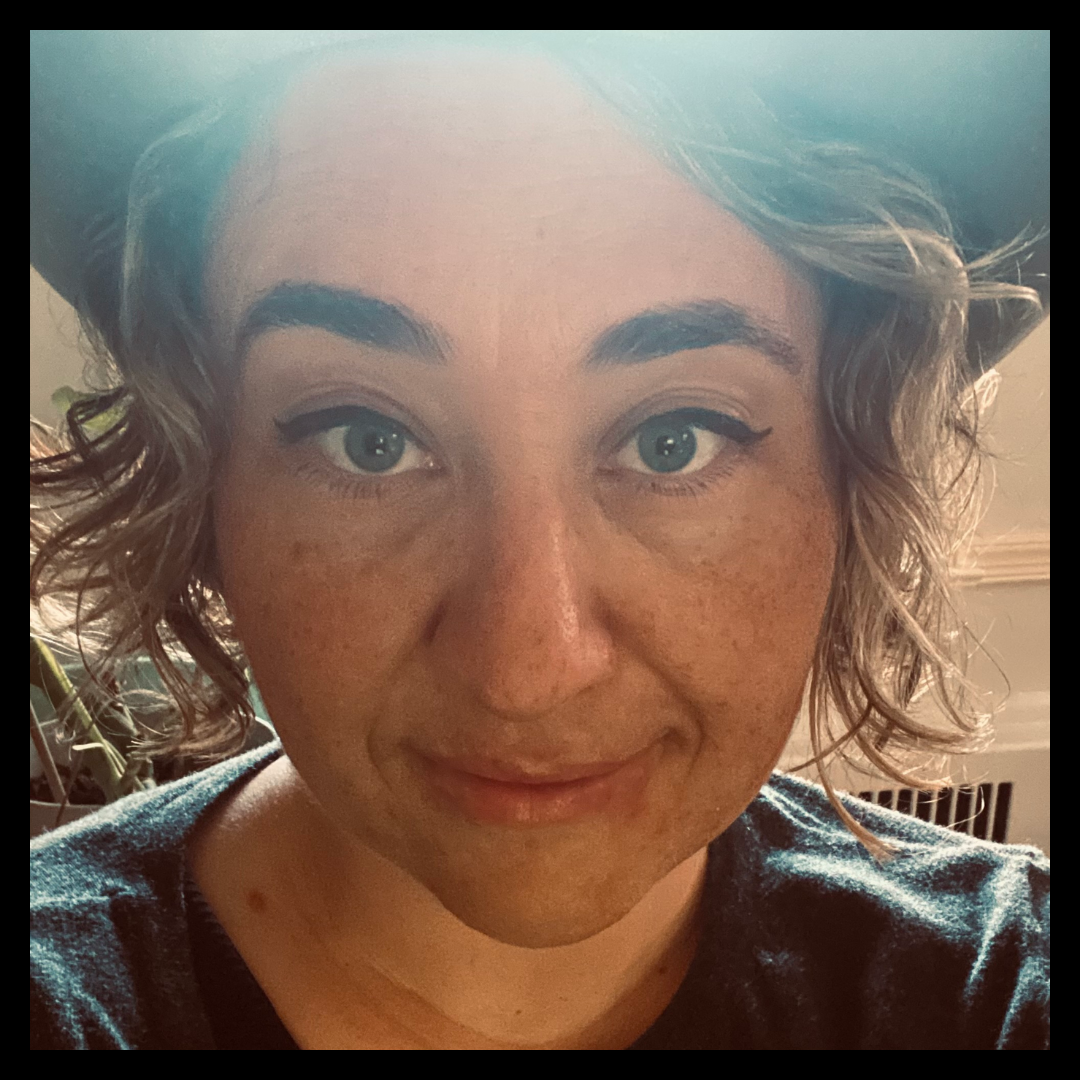The Humanities Truck is an interdisciplinary platform designed to facilitate collaborative community-based research, scholarship, and exhibitions. These collaborations take time and can take many different forms. The Humanities Truck Project Fellowship program provides a year for the Truck Fellows to be able to use the truck to develop these community relationships. Truck Fellows are expected to build a collaborative process that involves community partners in each phase of their projects, from research and documentation, to interpretation, and scholarly creation in the form of accessible exhibitions and performances. Throughout the year, Truck Fellows meet together to reflect upon the effective practices of community-engaged scholarship, and also to share the findings of their own projects.
2023-2024
Coming to Washington
This project draws upon MJ’s current scholarly project on the history of visiting Washington by tourists, activists, officeholders, and militia, from 1800 to the present. It has two main goals: 1) to document the expectations and experiences of current visitors to the city and 2) to give Washingtonians an opportunity to tell visitors what they want them to know about the city.
In collaboration with local partners, she’ll spend the first half of the year incorporating Washingtonians’ feedback and ideas into an installation housed in the Humanities Truck, which will travel to tourist locations in the Spring and Summer 2024 season. At these pop-ups, visitors will be invited to view and interact with the exhibit inside the Truck. We will use interview, oral history, and other interactive elements to learn about their impressions of Washington. Each iteration of the project, as well as the valuable information and insights generated through the interviews, will be documented in the Truck’s Community Archive and on a dedicated website.
Oral Histories of the Changing Buckingham Neighborhood
This project intends to establish a collaboration between the Buckingham’s community organizations in Arlington County and the Humanities Truck. These organizations strive to find ways to assist tenants, to provide programs that benefit families, and to voice concerns of the Latino population before the County. The collaboration is multipurpose: to record, share and archive stories; to further the communities’ outreach; to creatively engage the community with the organization and to the Humanities Truck project by creating/producing an array of materials (photos, recordings, and/or other products that may need to be developed) for the benefit of the community and the organizations’ own archives. They will use the truck to share and show what was produced during this year is at the core of our collaboration.
Crowned Connections: A Hair Experience
Crowned Connections: A Hair Experience is a mobile interactive celebration of Black culture that centers Black hair and Black textures while touring Predominantly White Institutions in the District of Columbia. The Black Hair Experience Truck plays a crucial role in serving as a catalyst for education, empowerment, and celebration for Black and Brown students. It serves as a platform to showcase the creativity and artistry associated with Black hair through an exchange of knowledge, increasing access to products and services, as well as creating a safe, inclusive space for dialogue to enhance an individuals’ self-expression and pride around Black hair. Crowned Connections: A Hair Experience cultivates transformative experiences and aids in the preservation of lived experiences of those who embody Black hair and hair textures.
Out of Our Cells
Out of Our Cells is a yearlong project that will connect incarcerated composers in the DC jail system with recording artists in the DMV area, and produce a compilation of songs combining the talents of these two interconnected communities. The project will also collect oral histories and the self-reported experiences of both incarcerated composers and the musicians who collaborate with them, in order to map the complex web of interdependencies in the DMV-area musical community and to chart the consequences of the carceral system for creative expression and local communities. Using the Humanities Truck as a mobile recording studio, Professor Sinnreich, his community partners, and his students at SOC will work in conjunction with the Georgetown University Prisons and Justice Initiative, which provides education for incarcerated students in the the DC Jail system.
Run, Hope Work: Youth Media Collaboration
The Run, Hope Work: Youth Media Collaboration project will produce short social media stories as well as a single short format documentary on the Run, Hope Work program in fall 2023. The Run, Hope Work fall program focuses on vocational training for at risk youth. The Run, Hope, Work Collaboration will be a project-based learning initiative which will train teenage youth in Wards 7 and 8 to make thoughtful documentaries on peers within their communities. American University film student’s will work with Professor Maher and Community Leads to teach the youth technical skills and guide them through creating a longitudinal-based documentary.
Refugee Resilience in the DMV
This project traces refugee art and politics within the District of Columbia, Maryland, and Virginia (DMV) to champion their collective remembrance of war and displacement as well as resilience and cultural formation. Refugees are often represented through damage-centered narratives as helpless and passive objects of rescue or as dangerous potential terrorists. In this project, they reconfigure refugees as active social theorists who bring attention to the ongoing and interconnected forces of settler colonialism, militarization, imperialism, cis hetero patriarchy, and white supremacy. They seek to foster spaces of cross-cultural and cross-racial solidarity-building to work towards mutual aid, abolition, sanctuary, demilitarization and decolonization and to imagine alternatives to the carceral regimes of borders and incarceration. This project will culminate in showcasing refugee cultural production as well as a digital archive of refugee narratives, resources, and histories in the DMV.








